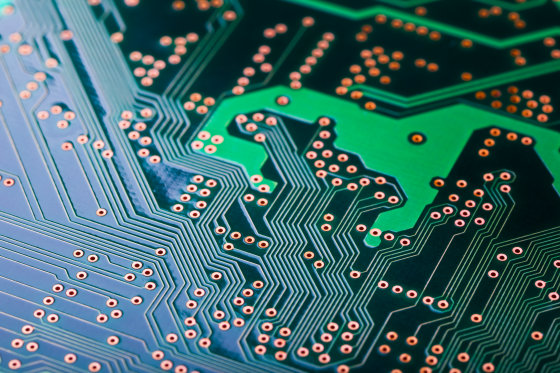Will Artificial Intelligence (AI) become conscious? Explained by a neuroscientist

Since the use of '
Can AI Become Conscious? | News | Communications of the ACM
https://cacm.acm.org/news/244846-can-ai-become-conscious/fulltext
Christoph Koch , a professor at the California Institute of Technology and a neurologist, was a person who worked on the study of 'consciousness' as neuroscience together with Francis Crick who discovered the double helix structure of DNA. Koch, along with neuroscientist Giulio Tononi , is advocating the ' Integrated Information Theory of Consciousness ' that explains the development of consciousness .
The integrated information theory of consciousness is based on the idea that 'information must be integrated in order for' consciousness 'to be born.' In humans, nerve cells densely transmit information via synapses. It can be said that information is integrated by exchanging information. Koch and colleagues argue in the integrated information theory of consciousness that 'the amount of information integrated within the network corresponds to the amount of consciousness.' If this hypothesis is correct, people in vegetative state who cannot communicate However, it is considered possible to measure the level of consciousness by measuring the amount of integrated information from brain activity. Actually, based on this theory, a 'consciousness meter' that measures the consciousness level of critically ill patients has been constructed and is being tested in the United States and Europe.

'In theory, any physical system that has a causal power in itself is' conscious ', says Koch. As an example of what has a causal force, there is a 'neuron that can receive a fire in the brain and cause another fire a little later', but in parallel with this, 'influence on the state immediately before The transistor network of computer chips, which has an impact on future conditions shortly after, is also given as an example. In the case of computer chips, the more the current state of the system has more input and output, and the greater the impact, the greater the 'causal force' of the system.
In recent years, technology companies have developed excellent AI such as IBM's artificial intelligence system '
In other words, from the standpoint of integrated information theory of consciousness, whether or not a machine has consciousness needs to focus on the “circuit board,” which has causal power, not the operation of the machine. Many modern AIs are Neumann-type , where one transistor receives input from several transistors and reflects it in another, but the human brain is more complex and has a fundamentally different causal effect. Have the power AI, which is executed by Neumann-type chips, cannot be 'conscious' like the human brain even if intelligent behavior is observed.

In recent years, supercomputers have also made remarkable progress, but Mr. Koch says that integrated information is very small even with supercomputers. 'It doesn't matter what Neumann-type computers do in poker or in human brain simulation.' 'Consciousness is not computation. It's a causal force in the physics of systems.' Emphasized.
Koch believes that the 'consciousness' may be created by machines with different architectures that are not of Neumann type. Quantum computers and brain computers, which enable highly integrated information, are listed as candidates.
Koch also mentioned that 'when machines become conscious, they have ethical, legal, and political implications.' “If I hit a Tesla car with a hammer, my neighbors might think'crazy, 'but it's considered my right in itself. But the same goes for dogs. Then the police will come and arrest me. The difference is that dogs can'suffer, because they are conscious beings, 'Koch said. Has shown to have a great impact on our world.
Related Posts:
in Science, Posted by darkhorse_log







